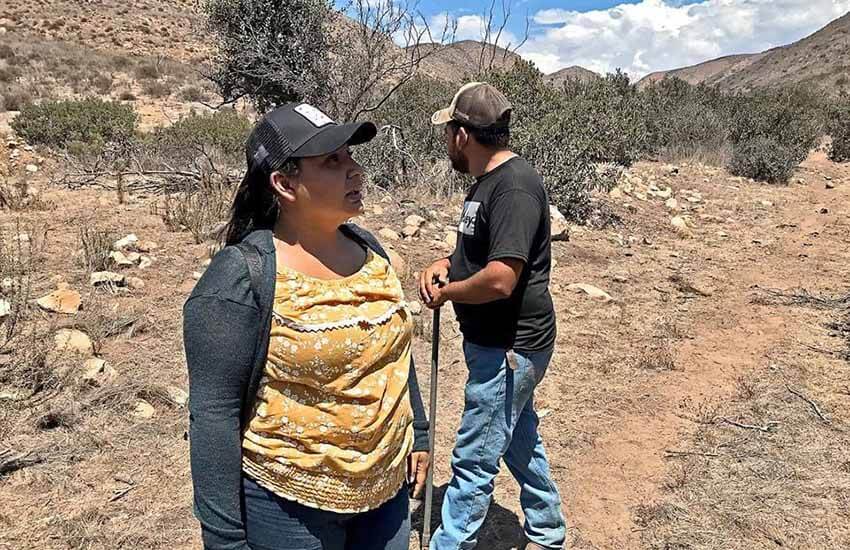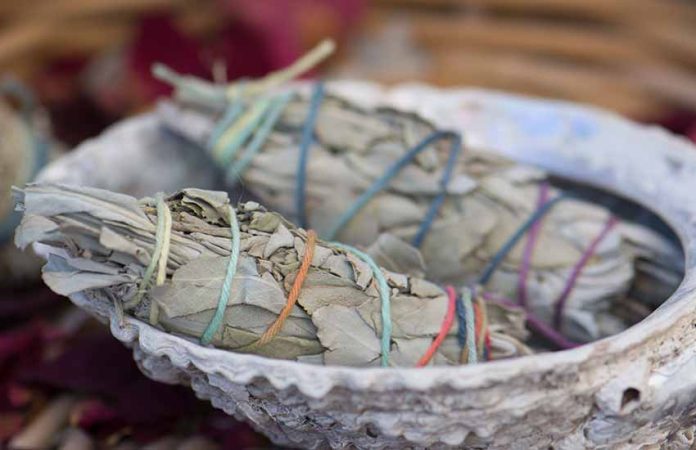Indigenous groups and communal landowners have complained of exploitative poaching of the sage plant in Baja California, where it is considered sacred.
Sage, or salvia apiana, is in demand by so-called “yoguis” (yogis) in search of spirituality, according to the newspaper Reforma. It is sold without restriction on Asian and Latin American websites and is advertised in countries like Venezuela and Colombia on social media platforms.
News website EcoWatch has reported that poaching is widespread north of the border, inspired by the demand for dietary supplements and medicinal herbs.
Those most affected in Mexico are from the Yumano ethnolinguistic group in northeastern Baja California.
Anthropologist Alejandra Velasco Pegueros said that for Yumano groups, the plant has an important spiritual dimension.

“In the communities, it is still used in ceremonies. Apiana, or white sage, is burned to purify the space, to cleanse the spirit,” she said.
According to Reforma, environmental protection agency Profepa has not kept reliable data on the practice of sage poaching. In 2015, only 50 kilograms of the plant were seized. However, in 2019, in a single event, 7.5 tonnes of the plant were confiscated.
Keneth Reza Albañez, a Pai Pai, one of the indigenous groups considered part of the Yumano, said that over a period of a year he saw illegal extraction of between two and three tonnes a week.
He added that the COVID-19 pandemic was responsible for a boom in demand. “In the pandemic, a lot of people began to use it for teas, for bronchitis, and for that purpose. It is also sold in the United States,” he said.
“It is sad. This plant is native … As an ethnic group, we use it to clean bad energies and bad vibes. It became very fashionable since they discovered that it cleans the environment, that it brings peace. When they saw this product, they demanded more: it’s wrong; we don’t use it by the tonne,” he added.
Gilberto González Arce, a Kumiai — another people considered part of the Yumano ethnolinguistic group — said the poaching was a matter of cultural appropriation and stealing.
“More than a fashion, it is a usurpation of the knowledge of the original indigenous peoples of Baja California. I am not aware that other peoples use it in a traditional way other than the Cucapá, Pai Pai, Kumiai, Kiliwa and Cochimí peoples,” he said.
Lorena Esparza, a leader for communal lands between Mexicali and Ensenada, said vendors were ill-informed and causing damage. “They really do not know what they are doing … selling it for rituals. They don’t have any control. We are destroying our own nature, biodiversity, fauna. It is everything … They are exploiting it in an exaggerated way,” she said.
